Peer-to-peer currency exchange for your business: manage exchange rates and save money
Avoid international bank transfer fees
with peer-to-peer currency exchange
Imagine you are Irish but you work in London. Your family is still based in Ireland, though, so you take the last flight out on a Sunday evening and the earliest possible flight in on a Friday evening. Your salary is paid in pounds sterling into your British current account, but you still have to pay the mortgage on your house in Ireland in euros.
In a different scenario, your child might be spending a year abroad, teaching English in Norway. Until they receive their first salary, you are tiding them over and would like to transfer some money to their newly opened Norwegian account. However, Norway doesn’t have the euro: its currency is the Norwegian krone.
In both cases, if you make an international transfer using your bank, the bank fees won’t be negligible and will eat up some of the amount.
Until recently, there was little you could do to avoid this. This has changed now, thanks to peer-to-peer currency exchange services like CurrencyFair , TransferMate and TransferWise. CurrencyFair and TransferMate are Irish companies and they have been hailed as the Irish FinTech sector’s latest success stories , confirming Dublin as the financial management capital of Europe.
There is phenomenal growth in this area. These P2P transfer services may become the vehicle of choice in the coming years, as this sector progresses from just early adopters to mainstream usage. According to a quote given to the Financial Times , “CurrencyFair … estimates the market for P2P foreign exchange is growing at 500 per cent annually and will provide £250bn of currency transfers by 2017. The UK accounts for between 40 and 50 per cent of this.”
What is peer-to-peer currency exchange?
It’s a service that pairs up somebody like you, who might be paid in pounds but needs to make payments in euros, with somebody who has the reverse problem: they are paid in euros on a bank account in, say, Ireland, but they need to make payments in pounds sterling.
Imagine that you paired up with a friend who works in Ireland but is based in the UK. From your British bank account, you could transfer money in pounds sterling to their British bank account, while they transfer euros from their Irish account to yours. They give you the money to pay your Irish mortgage, whilst you give them the money to pay their British bills, for example.
National money transfers being much cheaper (or free) and much faster, you would both save a lot of time and money. However, if you were doing this informally with a friend, problems might arise if the two of you don’t need the “same” amount: you need to cover a €1000 mortgage every month, while your counterpart only needs to make their once-a-year car insurance payment for £745.
These “FinTech” (financial technology) companies solve the problem by pairing up lots of people in many different countries. Your €1000 monthly payment isn’t covered by a single person wishing to make a payment for the exact same amount in pounds sterling.
I’m not comfortable sending money online…
Is peer-to-peer currency exchange a scam?
In my experience the service has been very reliable and it’s made a big difference when doing business in non-euro currencies. CurrencyFair is regulated by the Central Bank of Ireland and licensed to do business in the EU and Australia; TransferMate has regulatory licences in the EU, 36 American states, Canada, Australia, New Zealand and Hong-Kong; TransferWise is fully authorised by the UK Financial Conduct Authority as a payments institution.
Decreasing the cost of doing business
These services are extremely useful for small businesses as they make operations much simpler, cheaper and hassle-free, like many other online services.
Perhaps you are involved in international trade and driving forward with an exports-led business? Perhaps you’re not… but you may still have international payments to suppliers and contractors. For example, you might be paying for web hosting in dollars, sourcing goods in yuan or attending a conference in London and the registration is to be paid in pounds. You might be using your credit card to pay for these services, as I used to. However, when I saw the exchange rate I was being given and the extra international transaction fees, I started asking for invoices and bank transfer details so that I could use my peer-to-peer currency exchange account instead of my company’s credit card.
By virtue of the fact that so much business is done online today, it’s quite likely that you’re incurring expenses in a different currency.
I was lucky to start in business just as these services were born in Ireland. I could instantly see the saving potential so I set up a currency account from the very start of our company’s history and it has saved us a fortune in hidden fees that can so easily eat into profit. As well as euro, we generate revenue in dollars and sterling; I travel to the UK and the US a lot, so we have travel, accommodation and expenses in both currencies too.
When you are starting to export, those initial orders are often covering previous upfront marketing expenses or are quickly reinvested in the business. Therefore, in our case, I was so delighted to save the extra percentage (about €100 out of every $5000), and it was only a ten-minute investment to submit the required documentation. Today, that saving has been repeated many times over, without any extra effort on our behalf whatsoever.
What peer-to-peer currency exchange
allows you to do
- Transact at spot (or very, very close), that is, at the most up-to-date rate of the currency at the moment you are making the transaction. That moment might be right now or, in the case of a “limit” order, when and only when the rate you have specified is met in the market.
- Make international transfers following the transaction.
All peer-to-peer currency exchange services do this but they have some differences, so before you set up the account, ensure that they have exactly what you need:
- Can you hold money in the account? In some cases, you can actually hold a currency in the account and then either exchange it or transact it when you want. In other cases, you need to move that money within x number of days, which means you do save the bank charges and all other related fees, but you don’t have the capacity to wait until a favourable exchange rate comes about, or to store the money.
- Are there fees involved in transactions both with the company and with your own financial institution ? For example, there may be a charge incurred if you receive or send money to a certain jurisdiction or country because the company doesn’t have a license in that area, and hence can only receive transfers into a non-jurisdiction account with a fee. For example, a peer-to-peer currency exchange service company might have a UK bank account that will accept dollars but with a cost involved. Also, perhaps there is a transfer fee out of the account: they don’t charge to receive money or transact it, but if you want to move it on to your own bank account, they might charge you. Finally, maybe there is an incoming wire fee to receive wire payments into your own account.
What peer-to-peer currency exchange accounts
can’t do, and when to look for more developed
services
At this point, it’s unlikely that a currency account will be able to write or receive cheques, be able to offer you a payment card or have the facilty to withdraw cash. It’s not a bank, but a holding account.
There comes a time when you will need a full suite of banking services. We set up a sterling bank account because clients wanted a bank account to pay us, hotels want to be paid by card and we have a subcontractor in the UK. However, we still have and use the currency account, because we still need to transact currencies. It still makes financial sense to move the sterling from our UK bank account to the currency account, exchange it at spot and then transfer it into the Irish bank account if we need the money to invest in a larger project. The issue here is that each transfer takes time (and if it’s urgent, it can cost more).
Of course, the more accounts you have, the more paperwork you have, so you have to take this into account also.
Nevertheless, the savings are truly significant.







